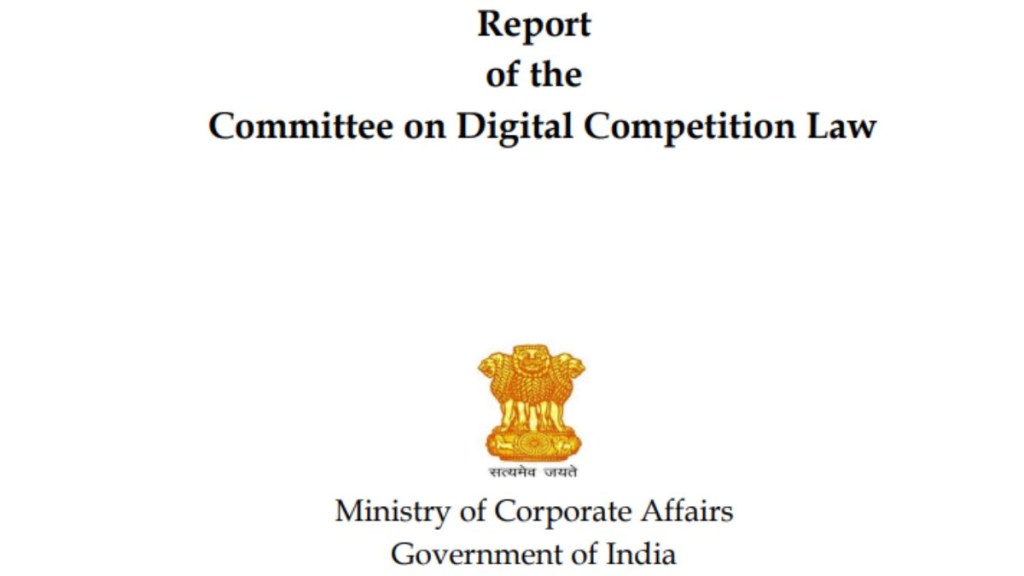The Ministry of Corporate Affairs, of Government of India, has unveiled a report, titled “Report of the Committee of Digital Competition Law”. Financial Express (FE) TransformX went through the document, and upon studying the executive summary found that India being at the receiving end of rapid digitalisation in the recent past on account of Internet accessibility. “With more than 759 million reported active internet users, India has swiftly become home to large digital market segments catering to users across sectors such as healthcare, financial services, and retail. The growth of digital markets has also given rise to large digital enterprises, which often operate as platforms that provide services on multiple sides of a market,” the report stated.
From what it’s understood, the report mentioned that large digital enterprises and their concerned business models have prompted different anti-competitive concerns which have been brought forth before the CCI. It’s believed that these concerns involve unilateral and opaque policies on search rankings, along with aggregated data’s anti-competitive usage. “Against this backdrop, the Parliamentary Standing Committee on Finance presented the 53rd Report on “Anti-Competitive Practices by Big Tech Companies” before the Lok Sabha on 22nd December 2022 (Standing Committee Report). The Standing Committee Report identified ten predominant anti-competitive practices (ACPs) by large digital enterprises and examined the need for strengthening India’s competition framework to address such practices. The Standing Committee Report acknowledged that the dynamics of digital markets are underpinned by robust network effects and increasing returns to scale. This often leads to a ‘winner-takes most’ outcome where a leading player adopts strategies that curtail market contestability, which reinforces its strength. As such, digital markets bear the risk of becoming irreversibly polarised in favour of the incumbent,” the report added.
Reportedly, the Standing Committee Report found that an ex-post way of approaching the situation might not suffice in fast-paced digital markets, along with highlighting that large digital enterprises need to be supervised ex-ante and the need to introduce a ‘Digital Competition Act’. Official data suggests that the Committee went through different sector-specific regulatory instruments that govern digital enterprises in India, and emerging international practices on ex-ante competition frameworks. “The Committee found that the ex-post model of regulation under the Competition Act, by design, involves fact-finding and inquiry processes which are time-consuming. Protracted enforcement proceedings hinder early detection and redressal. Given the tendency of digital markets to tip swiftly in favour of an incumbent, the Committee recommended a regulatory strategy focussed on preventing anti-competitive conducts,” the report specified.
Furthermore, the report emphasised on the key recommendations of the Committee, them being introduction of a Digital Competition Act with ex-ante measures, scope and applicability, regulation of digital enterprises with ‘significant presence’, thresholds and criteria for designation as SSDEs, associate digital enterprises, obligations, exemptions, enforcements, and remedies.








